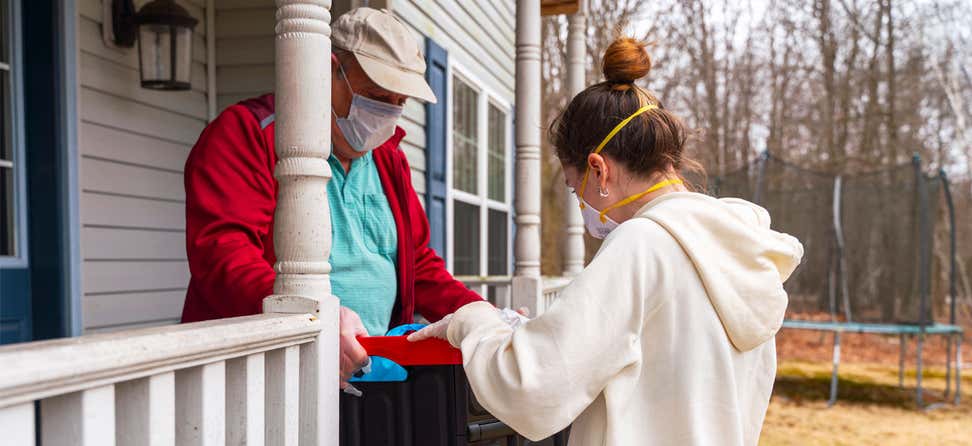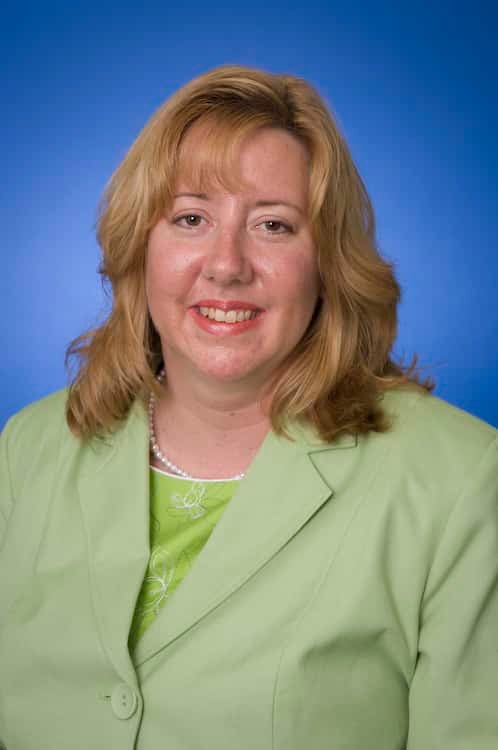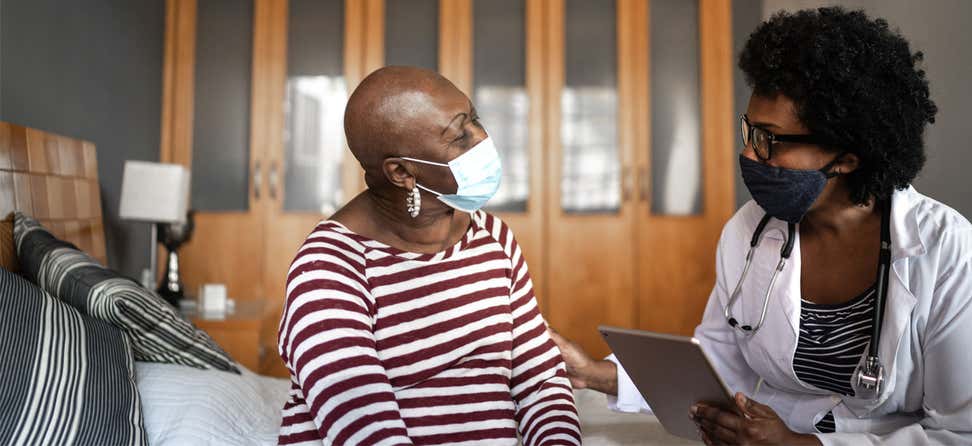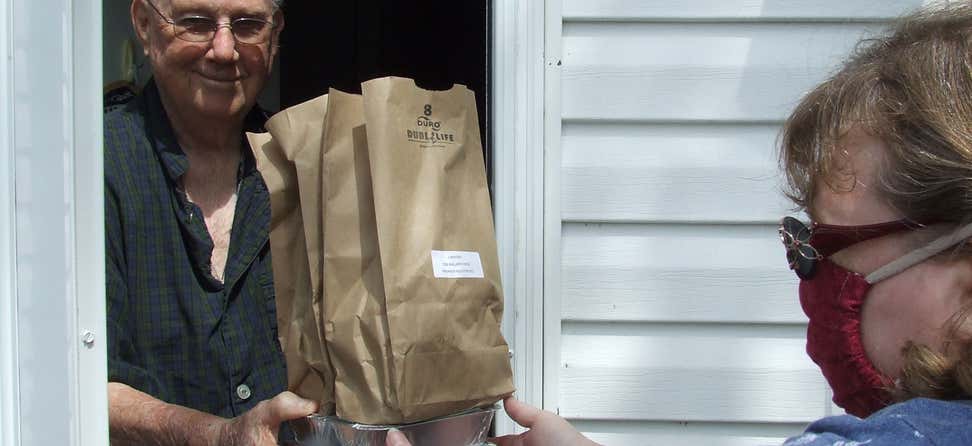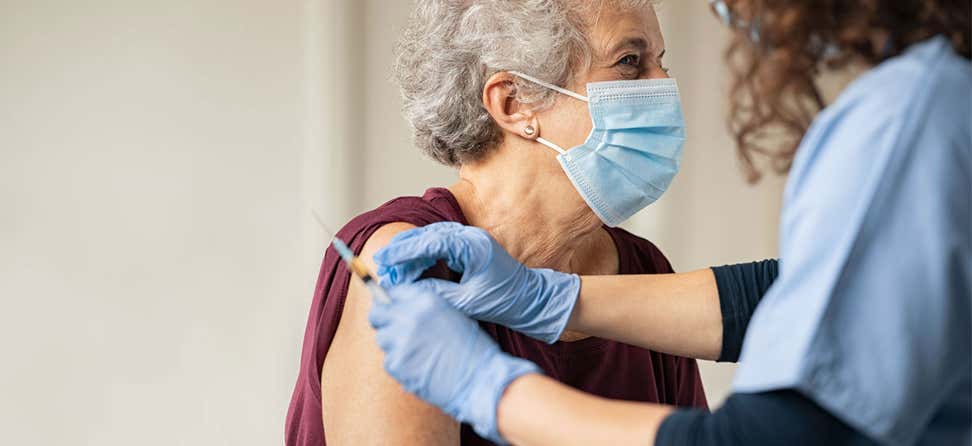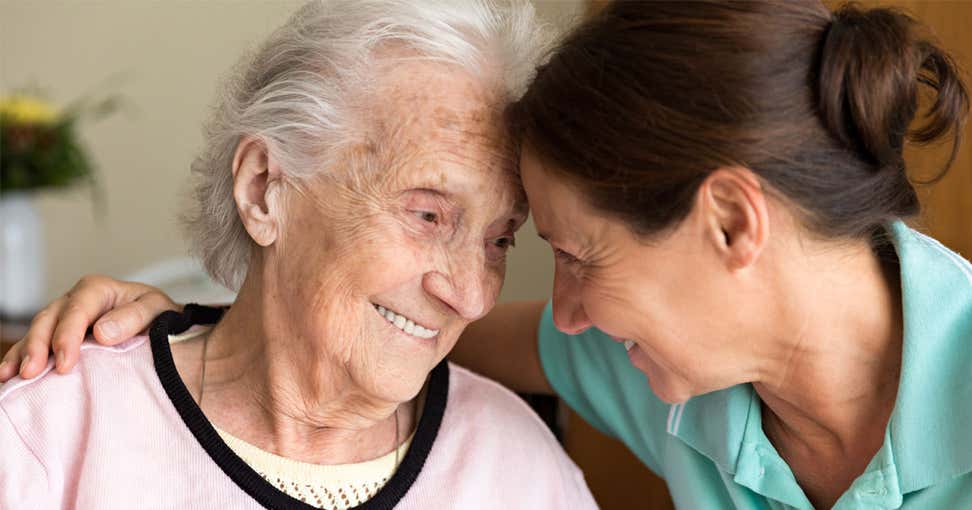Key Takeaways
Since the onset of the coronavirus outbreak, Congress has passed three legislation packages to protect public health and to help stimulate the economy.
The packages feature improvements on three key areas for older adults: Access to food, caregiving and Medicaid, and direct relief payments.
As talks continue behind the scenes during the Congressional recess, NCOA is advocating for future legislation that addresses COVID-19.
Since the COVID-19 pandemic began spreading across the country, Congress has passed three packages of legislation to protect public health and stimulate the economy. With so many things changing in the day-to-day lives of Americans, it’s important that older adults and aging network professionals understand what’s now available to them because of Congress’s work, and how the National Council on Aging (NCOA) is advocating on their behalf.
In addition to loans for businesses and flexibility for nutrition spending and the Senior Community Service Employment Program (SCSEP), the packages feature improvements on three key areas for older adults.
Access to Food and Other Community Supports
Community-based organizations around the country are telling us the biggest need right now is getting food to older adults who are trying to meet their daily needs while staying physically distant. While the demand on nutritional support programs continues to increase, NCOA advocated for and Congress provided $730 million for meal delivery programs under the Older Americans Act (OAA). In addition to using the Supplemental Nutrition Assistance Program, we encourage older adults to consider additional options such as senior centers delivering meals, Feeding America food banks, and Meals on Wheels America.
NCOA also fought for, and Congress provided, $200 million for other services to support older adults provided by senior centers and area agencies on aging under OAA. This can include wellness checks by phone and referrals to other community services.
Caregiving and Medicaid
The isolation measures required to “bend the curve” of COVID-19 infection means caregiving has become even more complicated, but is still critically necessary. In the CARES Act passed last month, there is $100 million for OAA caregiver support. We encourage everyone to use resources from the National Alliance for Caregiving if they have questions or need information related to caregiving during the COVID-19 pandemic.
The second legislative package also included a 6.2% increase in the federal Medicaid match to states. The Medicaid Money Follows the Person Program and spousal impoverishment protections also were extended to November 30, 2020. With low-income households already at risk from many aspects of the pandemic, we were pleased to see the CARES Act provide funding to make COVID-19 testing free for the uninsured through Medicaid. All of this is a good start, but still far from sufficient to handle the surge of demand for these programs and services generated by this crisis. For example, additional funding is needed to enhance home and community-based services and supports to help at risk older Americans and people with disabilities stay safe and healthy at home and out of hospitals and nursing homes to the extent possible.
Direct Relief Payments
Arguably the most well-known measure taken by Congress has been the authorization of “economic impact payments,” or funds provided directly to households based on income. Initial confusion about who could receive these payments prompted clarification from the Internal Revenue Service (IRS), which now says Social Security beneficiaries who are not typically required to file a tax return will not need to file to receive the economic impact payment.
However, filing is still an important part of how the IRS will determine payment amounts for people not receiving Social Security. From the IRS.gov website:
“Tax filers with adjusted gross income up to $75,000 for individuals and up to $150,000 for married couples filing joint returns will receive the full payment. For filers with income above those amounts, the payment amount is reduced by $5 for each $100 above the $75,000/$150,000 thresholds. Single filers with income exceeding $99,000 and $198,000 for joint filers with no children are not eligible.”
The maximum size of payments will be $1,200 for individuals and $2,400 for married couples. Up to $500 may be added for each qualifying child.
Additional COVID-19 Packages Are in the Works
Growing demand and uncertainty about the federal government’s approach to addressing the COVID-19 pandemic means much work still needs to be done to help older adults. As talks continue behind the scenes during the Congressional recess, NCOA is advocating for future legislation to include:
- Increases in SNAP benefits, as well as more flexibility for assistance such as food delivery.
- Funding for community-based organizations to help older adults take care of their physical and mental health, manage medications, and stay physically active through phone calls and online classes while they remain at home.
- Additional SCSEP funding and incentives for employers to retain older workers, as well as job training and placement services to help older adults return to the workforce.
- Additional federal support for Medicaid and Home and Community Based Services programs.
- Improved access to Medicare low-income assistance and funding for State Health Insurance Assistance Programs.
We are already working with staffers in the Senate and House of Representatives to follow what may or may not be included in the legislation, and to identify opportunities for advocacy. Please sign up to receive updates from us, so you can add your voice when the time is right.


